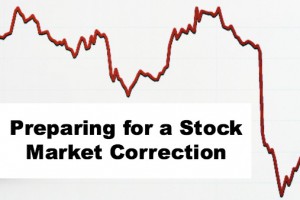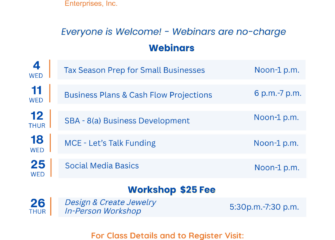
As an investor, you may be gaining familiarity with the term “market correction.” But what does it mean? And, more importantly, what does it mean to you?
A correction occurs when a key index, such as the S&P 500, declines at least 10% from its previous high. A correction, by definition, is short-term in nature and has historically happened fairly regularly – about once a year. However, over the past several years, we’ve experienced fewer corrections, so when we have one now, it seems particularly jarring to investors.
How should you respond to a market correction? The answer may depend, to some extent, on your stage of life.
- If you’re still working … If you are in the early or middle parts of your working life, you might not have to concern yourself much about a market correction because you have decades to overcome a short-term downturn. Instead of selling stocks, and stock-based investments, to supposedly “cut your losses,” you may find that now is a good time to buy more shares of quality companies, when their price is down.
- If you’re retired … After you retire, you may need to take money from your investment accounts – that is, sell some investments – to help pay for your cost of living. Ideally, however, you don’t want to sell stocks, or s
 tock-based vehicles, during a correction – because when you do, you may be “selling low.” (Remember the most common rule of investing: Buy low and sell high. It’s not always easy to follow, but it’s still pretty good advice.)
tock-based vehicles, during a correction – because when you do, you may be “selling low.” (Remember the most common rule of investing: Buy low and sell high. It’s not always easy to follow, but it’s still pretty good advice.)
So, to avoid being forced into selling, you need to be prepared. During your retirement years, try to keep at least a year’s worth of cash instruments on hand as well as short-term fixed income investments. By having this money to draw on, you may be able to leave your stocks alone and give them a chance to recover, post-correction.
And it’s important to maintain a reasonable percentage of stocks, and stock-based vehicles, in your portfolio, even during retirement – because these investments may provide the growth necessary to help keep you ahead of inflation. Consequently, as a retiree, you should have a balance of stocks and stock-based vehicles, along with fixed-income vehicles, such as bonds, certificates of deposit, government securities and so on.
Being prepared can help you get through a correction – no matter where you are on life’s journey.
This article was provided by Dennis Hopson – Edward Jones Investments.




